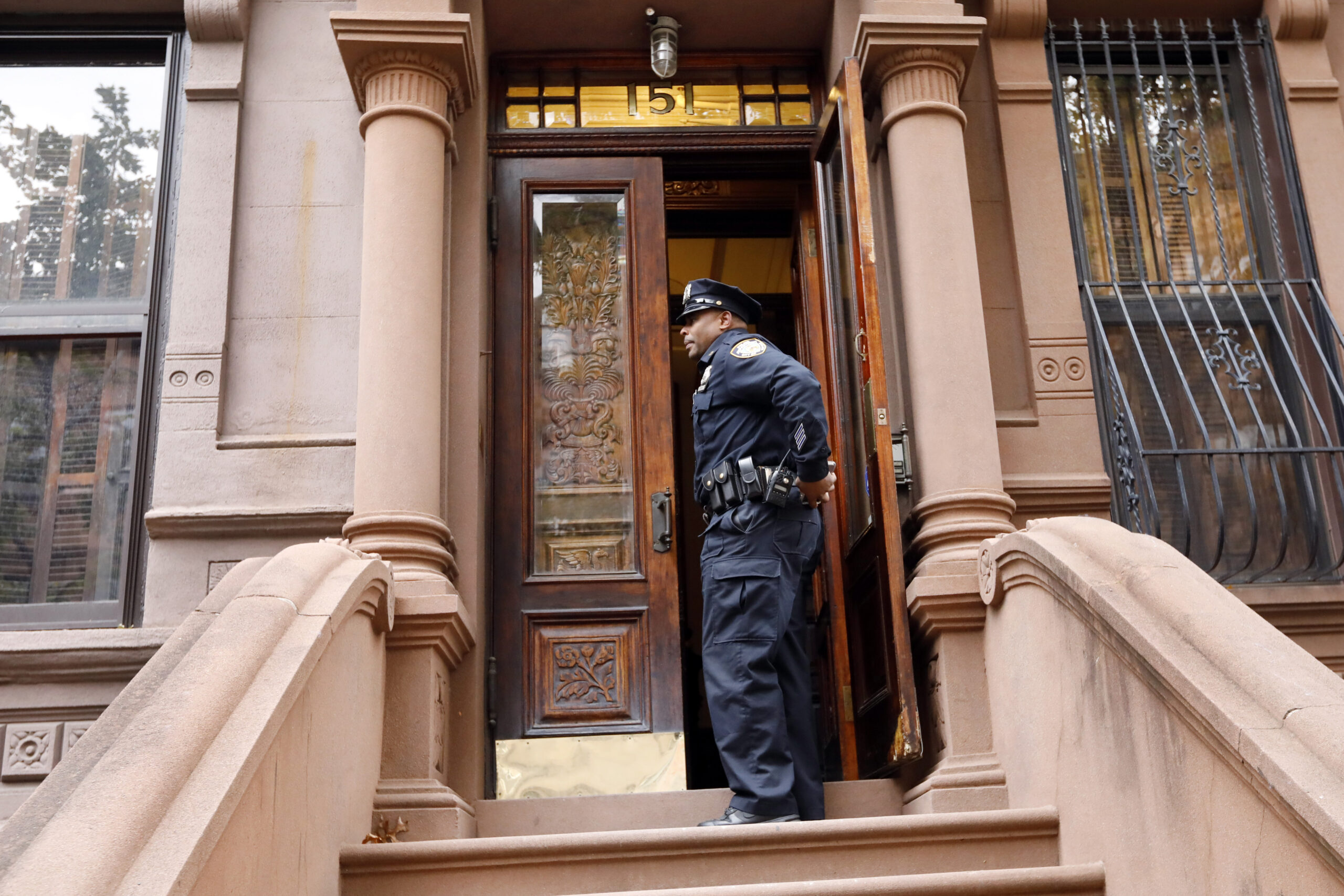Tips to avoid door-to-door scammers

The New York Department of State’s Division of Consumer Protection warned the public on Tuesday about an anticipated uptick in door-to-door scammers taking advantage of honest consumers this summer.
It can be difficult to tell whether unexpected visitors at your doorstep are legitimate businesspeople, and door-to-door frauds continue to be one of the most common scams against older adults, according to Secretary of State Robert Rodriguez.
“Many businesses rely on door-to-door sales, but it can be hard to know if the next time the doorbell rings it is a legitimate salesperson or a scammer,” Rodriguez said. “To help you better understand how you can protect yourself, our Division of Consumer Protection is providing practical tips to help you identify a potential door-to-door scammer and avoid being cheated out of your hard-earned money.”

Brooklyn Boro
View MoreNew York City’s most populous borough, Brooklyn, is home to nearly 2.6 million residents. If Brooklyn were an independent city it would be the fourth largest city in the United States. While Brooklyn has become the epitome of ‘cool and hip’ in recent years, for those that were born here, raised families here and improved communities over the years, Brooklyn has never been ‘uncool’.